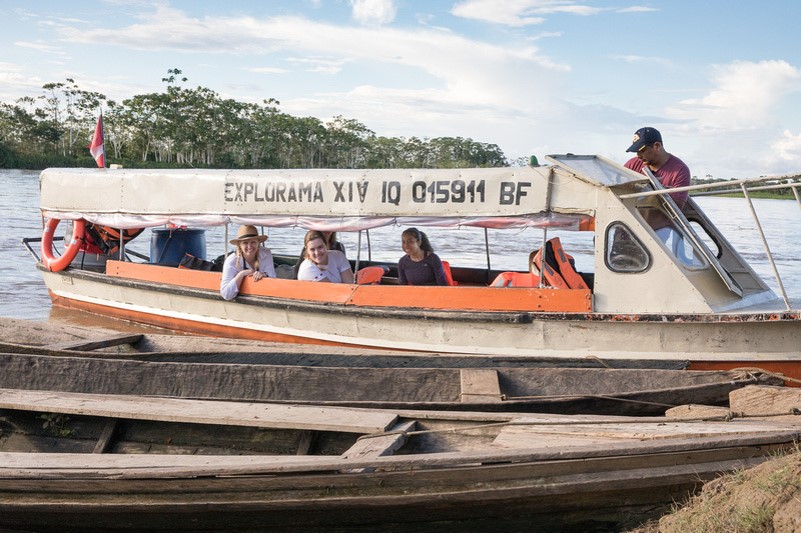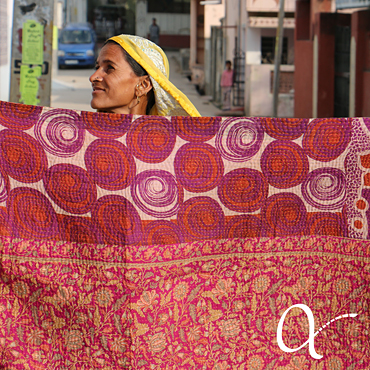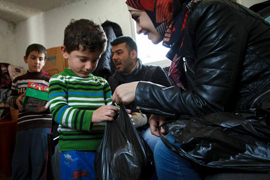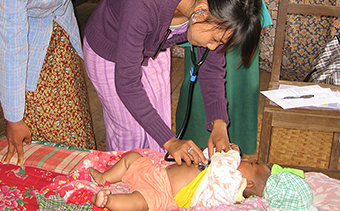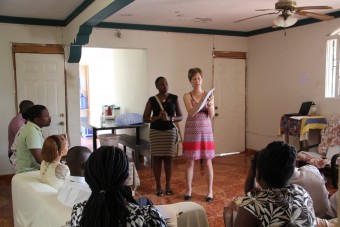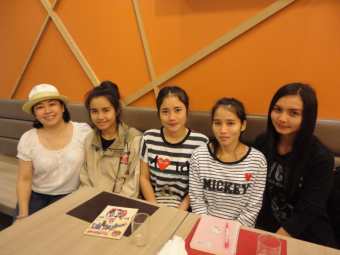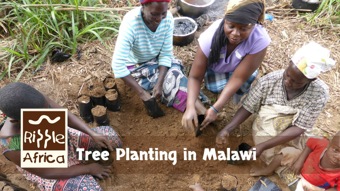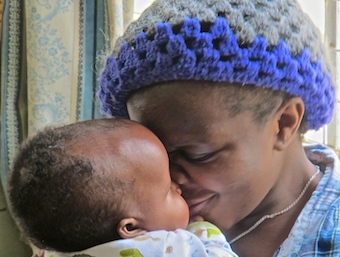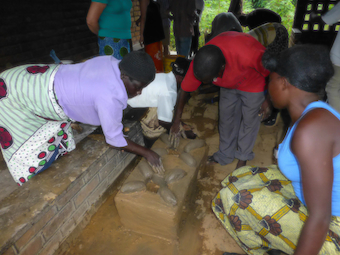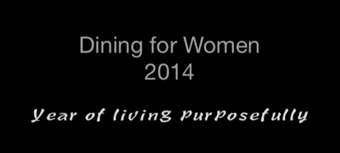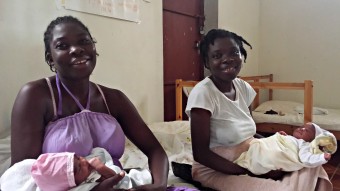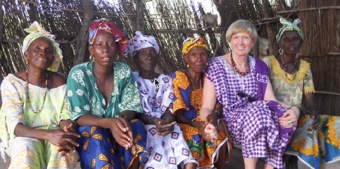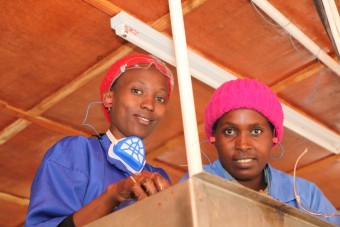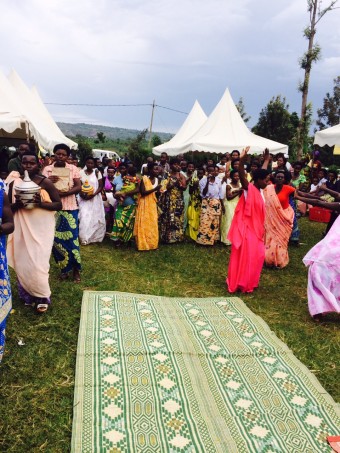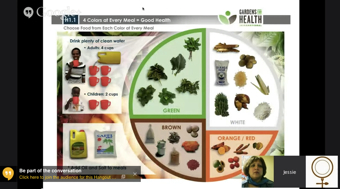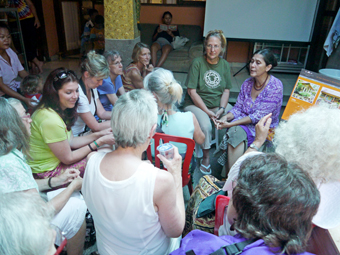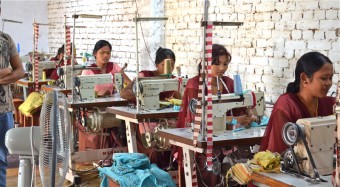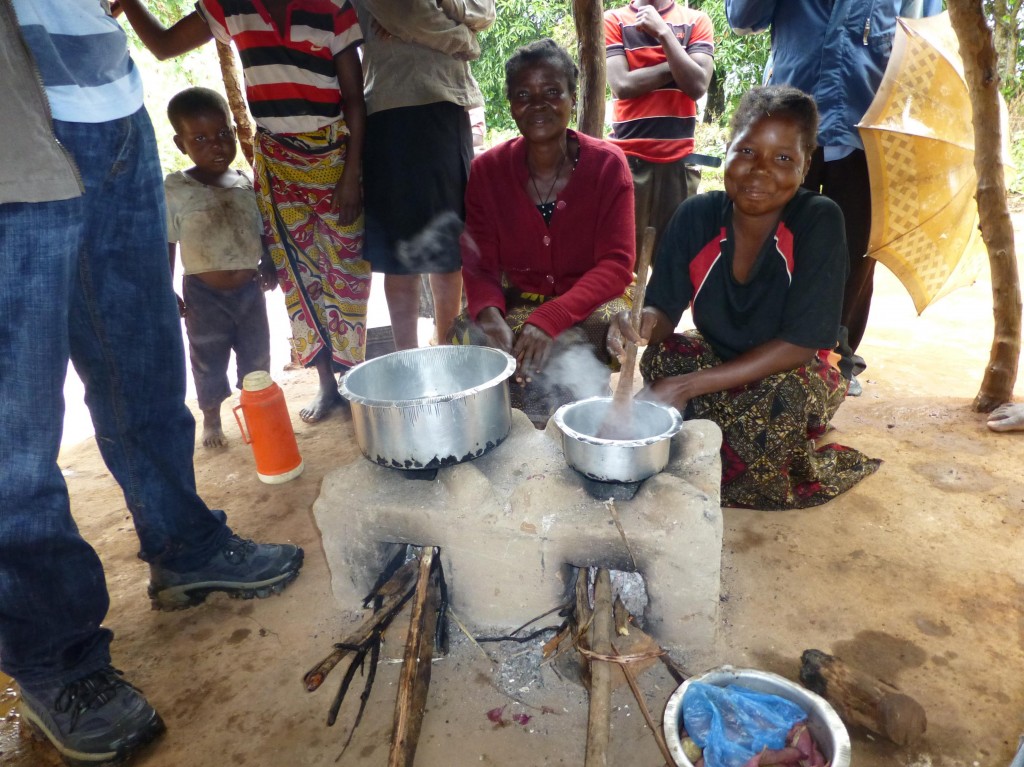
Cooking should be one of those activities that makes us feel safe and secure. What’s more comforting than home fires? But in much of the developing world, indoor cooking over open flames results in dangerous household air pollution. The World Health Organization estimates that 4.3 million die each year from its complications.
RIPPLE Africa has developed a low-tech, sustainable and efficient stone cookstove that burns significantly less wood and uses bricks that retain heat as the cooking surface. This is safer than open flames, reduces the indoor air pollution and saves women significant time spent gathering wood for cooking fires. That time can now be used on educational or economic activities in the home.
RIPPLE Africa is our featured program for May 2015. Our $45,000 grant — distributed over two years — will directly effect 3,000 families in the Nkhotakota district of Malawi. The Changu Changu Moto project will build a cookstove in each of 3,000 homes, provide instruction for the families on safe use and include follow up visits for more training and education as well as data collection.
For more information about RIPPLE Africa, review their program page and program fact sheet. You can learn more about Malawi customs and cuisine and review this month’s Proven Platter.
